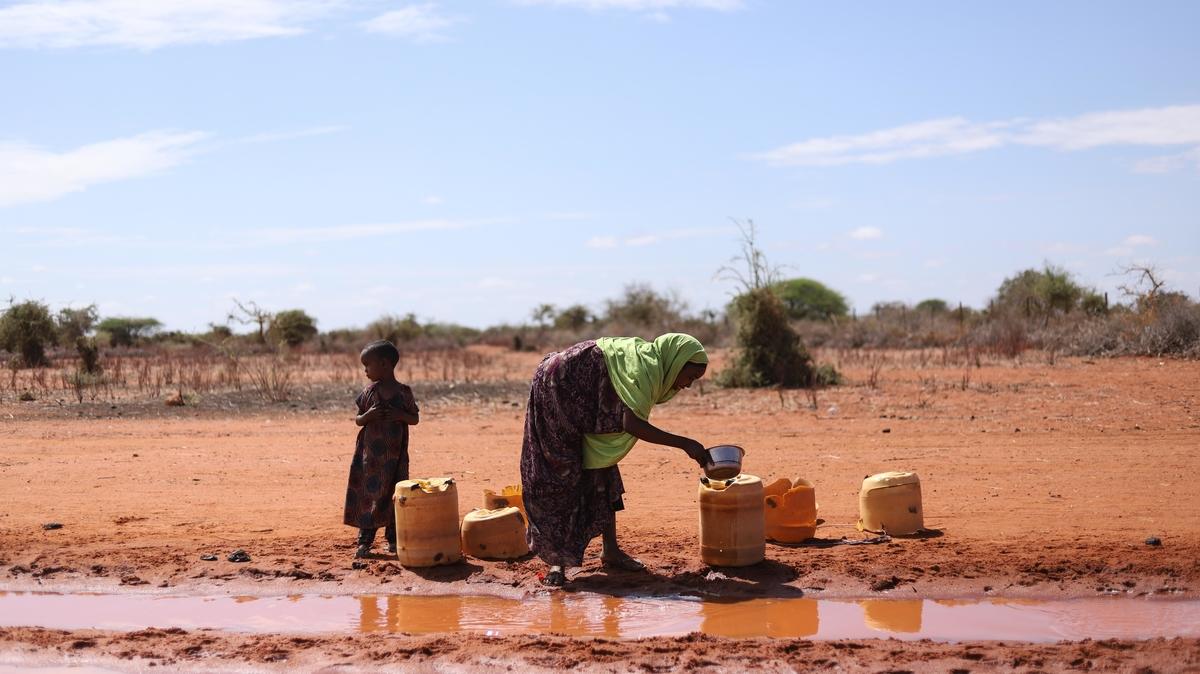
CALA
CALA works to improve the quality and effectiveness of climate adaptation efforts through the generation, analysis, and dissemination of evidence.
Learn more about the history of the FSN Network and the collaborators behind this knowledge sharing community
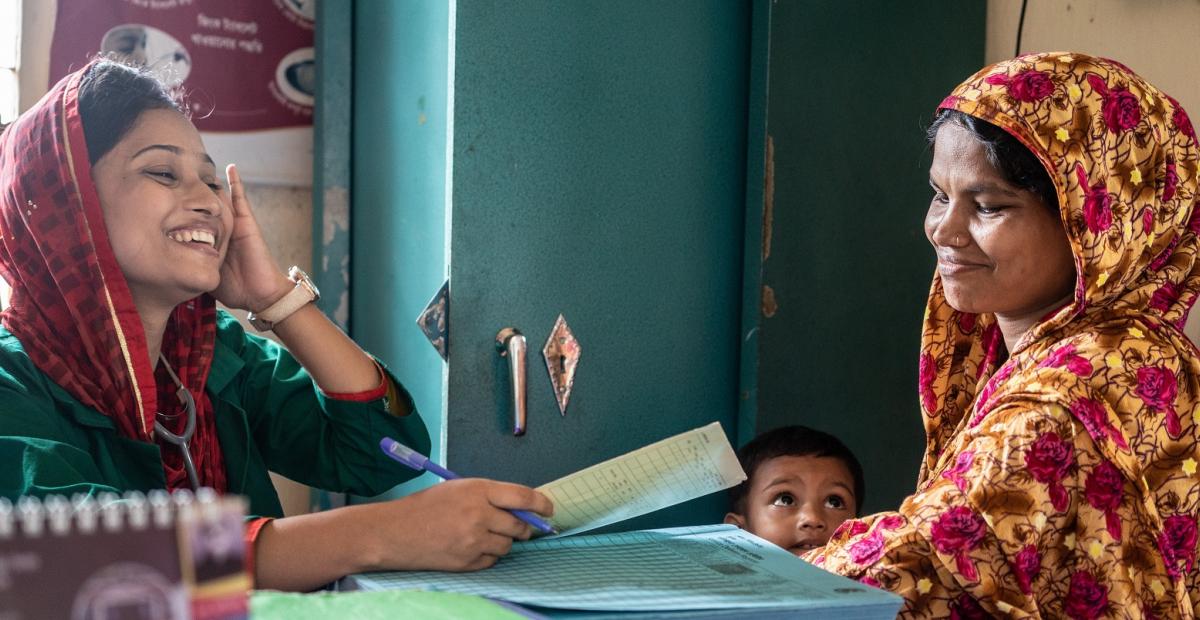
Funded by USAID's Bureau for Humanitarian Assistance (BHA), the FSN Network is designed for a variety of food security stakeholders. The FSN Network is not only for implementers of USAID-funded emergency and non-emergency programs but it is also for donors, researchers, governments, private sector actors, among others. We work to engage stakeholders on topics such as agriculture, alternative livelihoods, WASH, monitoring and evaluation, and much more.
The FSN Network was originally launched under the USAID Office of Food for Peace (FFP)-funded Technical and Operational Performance Support (TOPS) Program.
While the content on the FSN Network is sourced from the entire food security community, a group of USAID-funded mechanisms collaborates to inform the resources, learning opportunities, and technical guidance available on the FSN Network, as well as maintaining and keeping the website up-to-date.

CALA works to improve the quality and effectiveness of climate adaptation efforts through the generation, analysis, and dissemination of evidence.

GAYA works to improve the quality and impact of food security activities by addressing barriers and challenges faced when integrating gender and youth into activities.
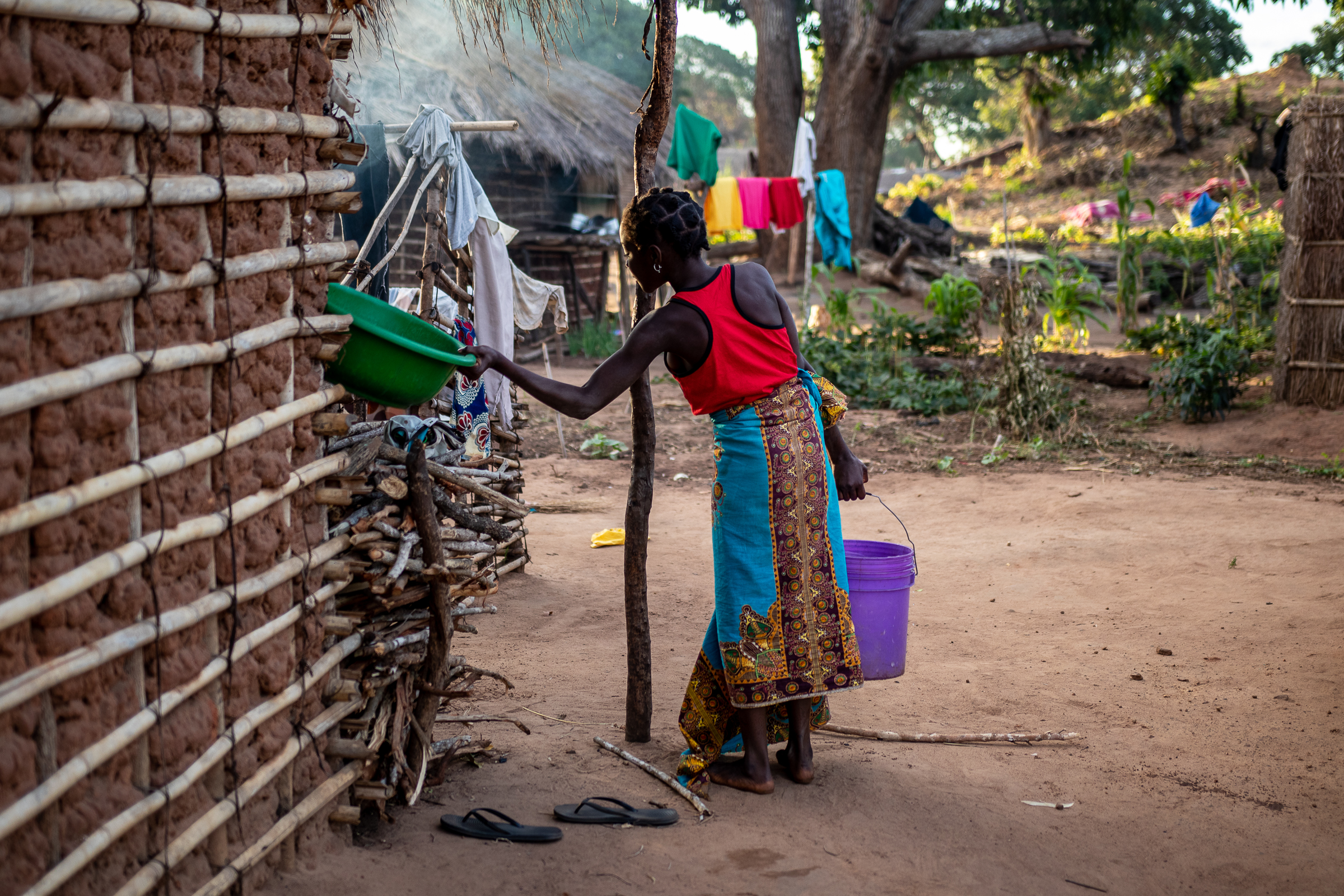
HAEC works to increase the effectiveness of emergency food security activities by increasing the use of cost-effective and timely impact evaluations in humanitarian contexts.

IDEAL addresses knowledge and capacity gaps expressed by the food security community to support program design and implementation.
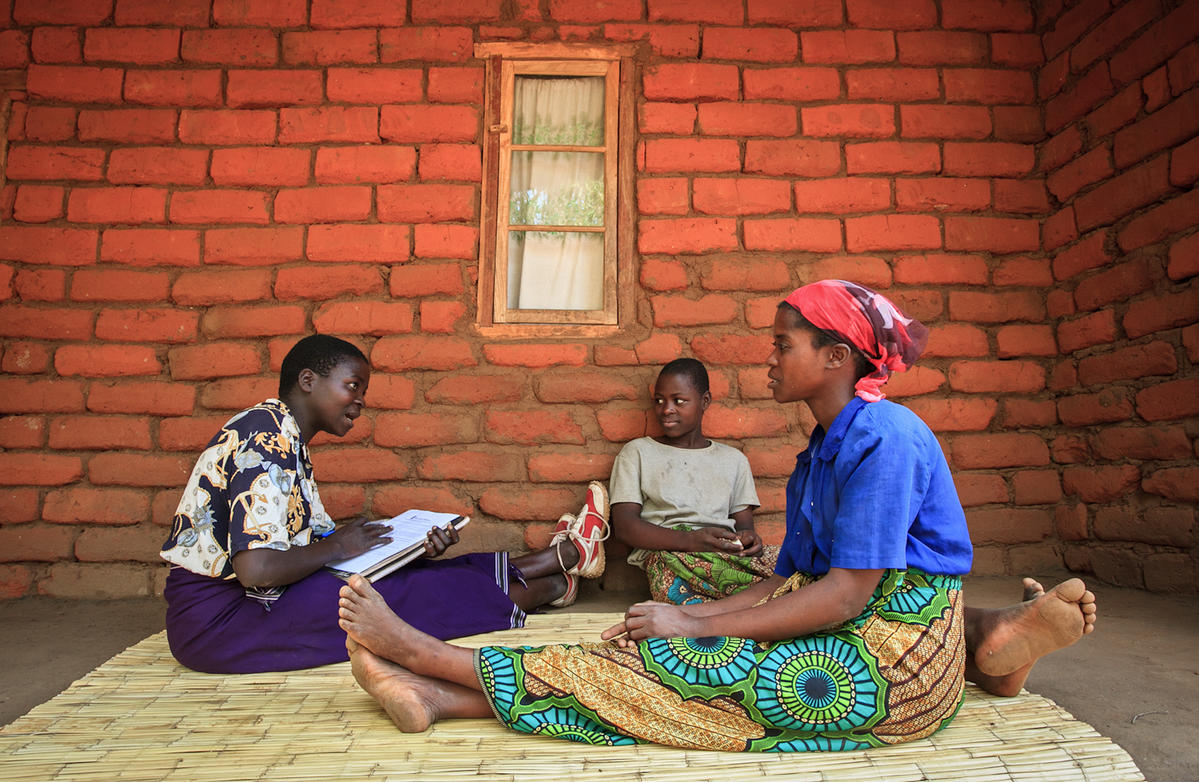
IMPEL gathers information and knowledge to measure performance of food security activities, strengthen accountability, and improve guidance and policy.
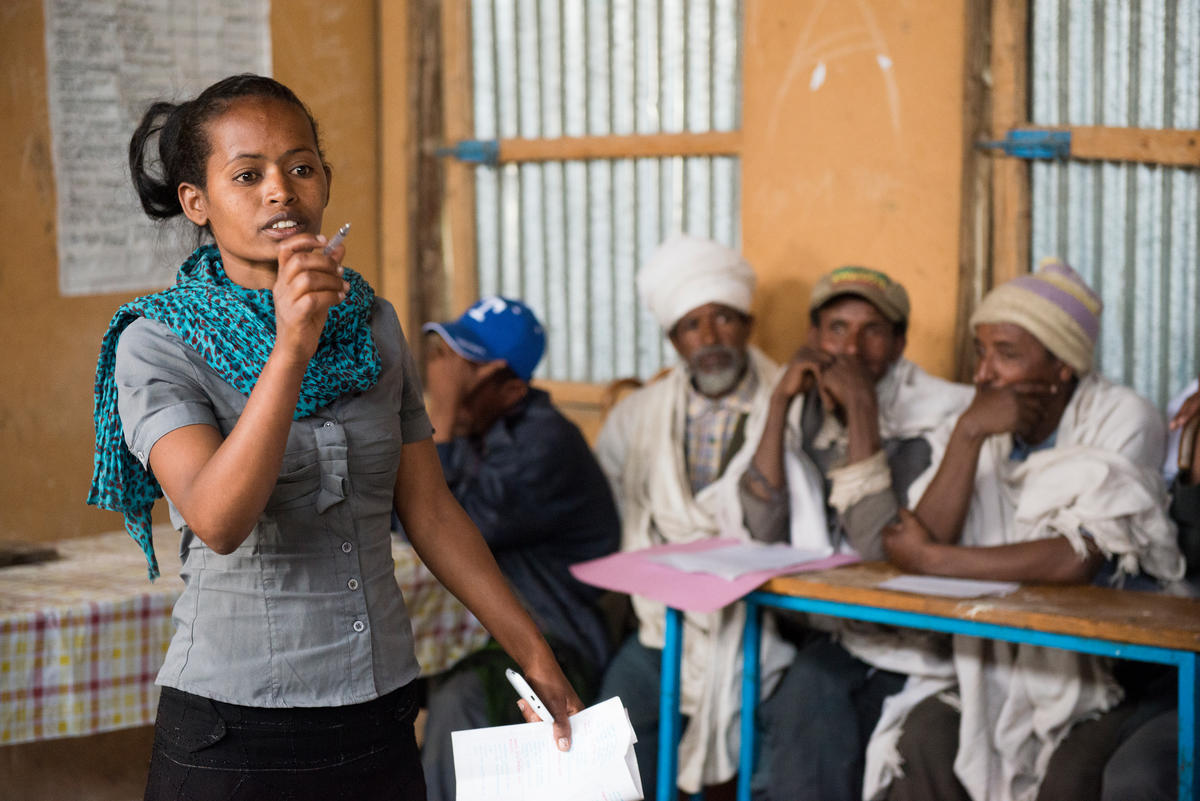
PCS supports partners to design evidence-based, effective, and efficient activities that result in substantial and sustainable food and nutrition security gains.
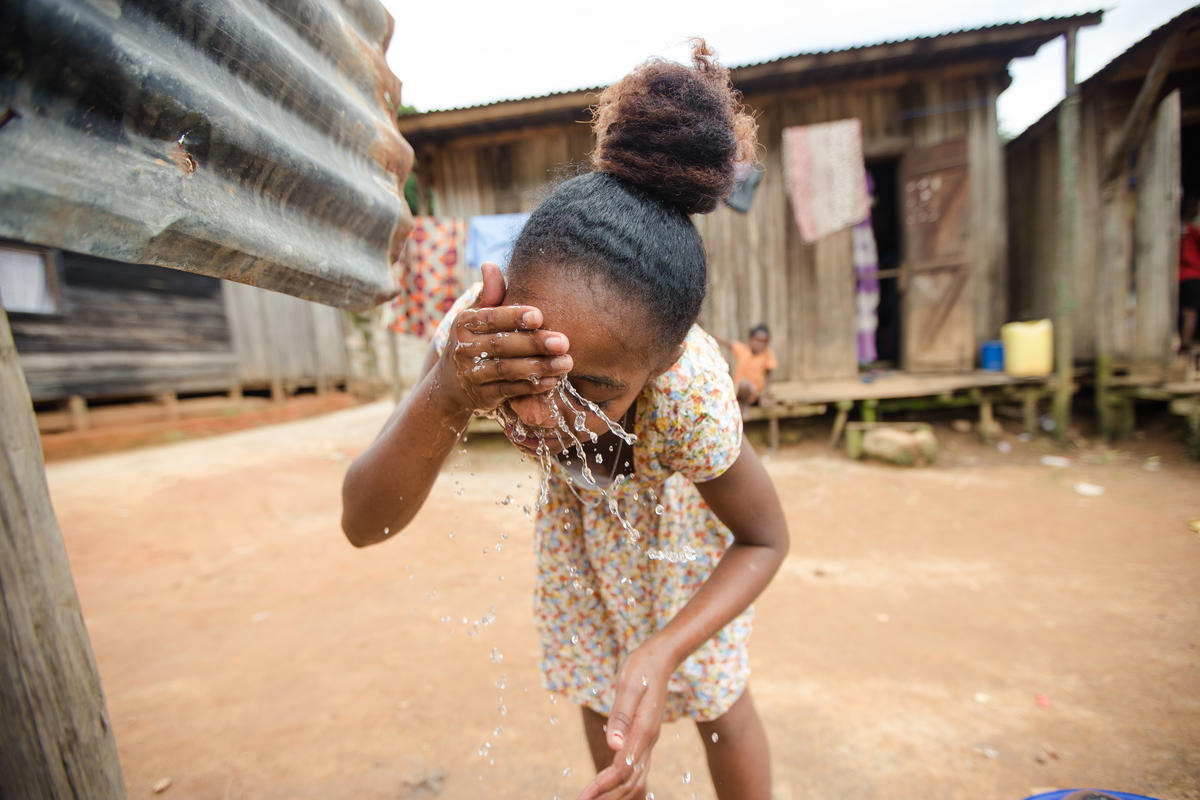
PRO-WASH & SCALE aims to strengthen the design, implementation, and overall effectiveness of key sector-specific interventions.
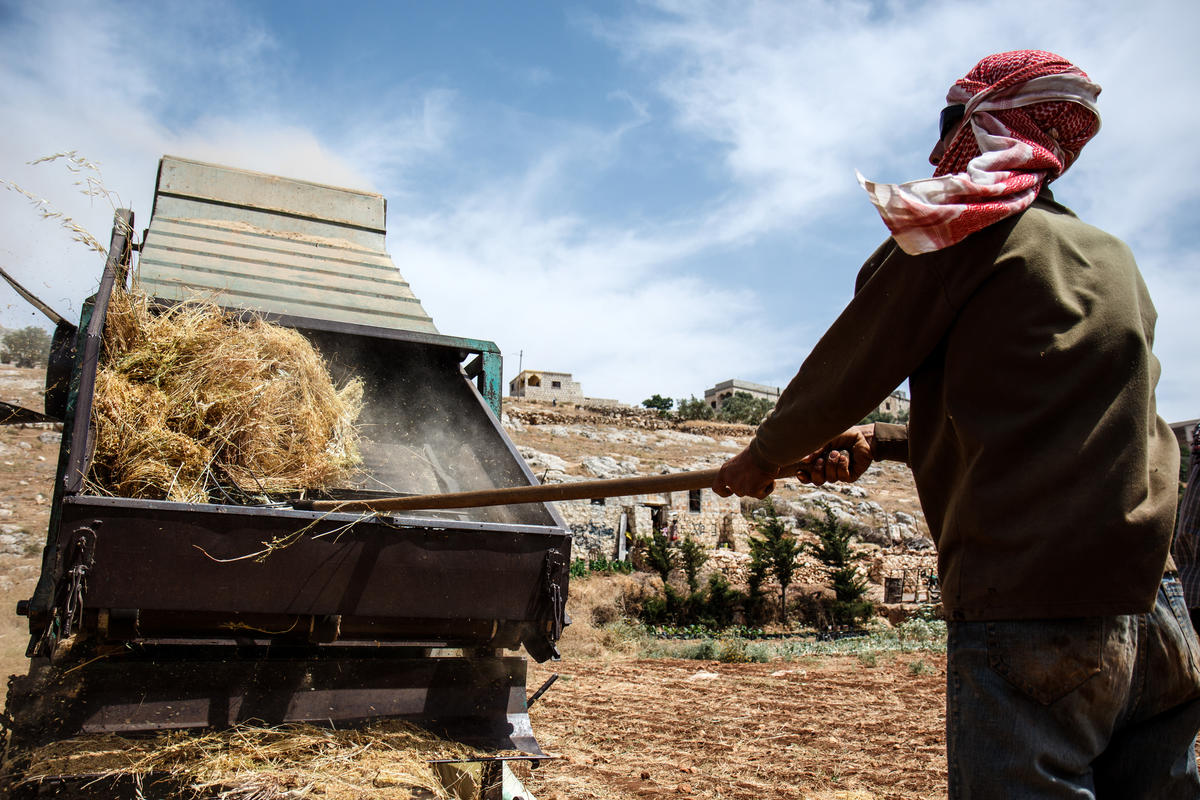
REAL responds to the growing demand for rigorous yet practical monitoring, evaluation, strategic analysis, and capacity building support related to resilience.
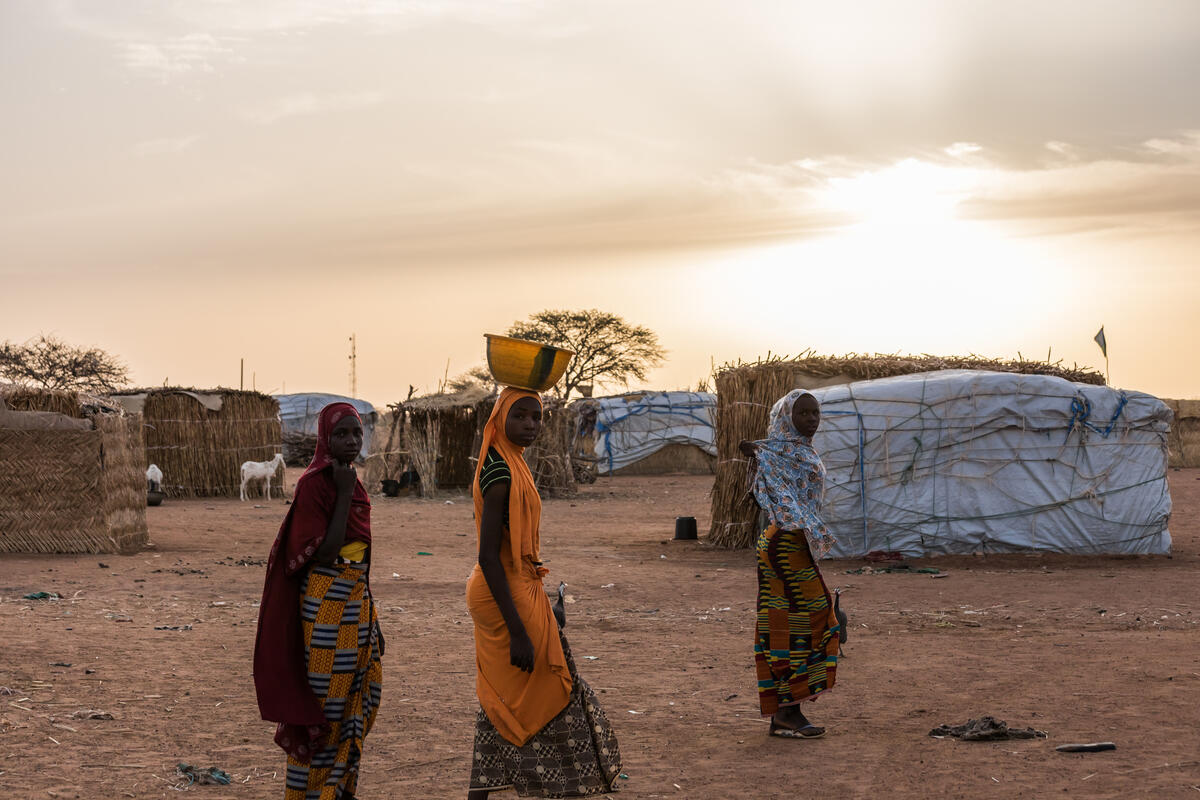
The RISE II Endline Evaluation and Recurrent Monitoring Survey Activity works to determine the progress and impact of the RISE II project’s interventions toward strengthening households’ resilience and resilience capacities in the Sahel.